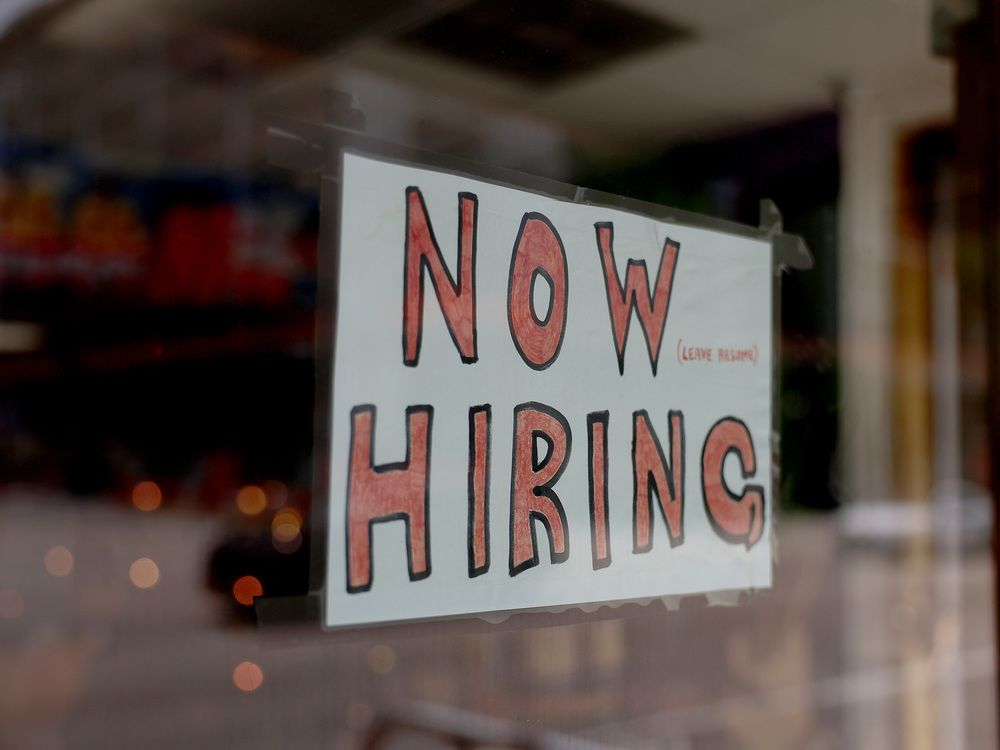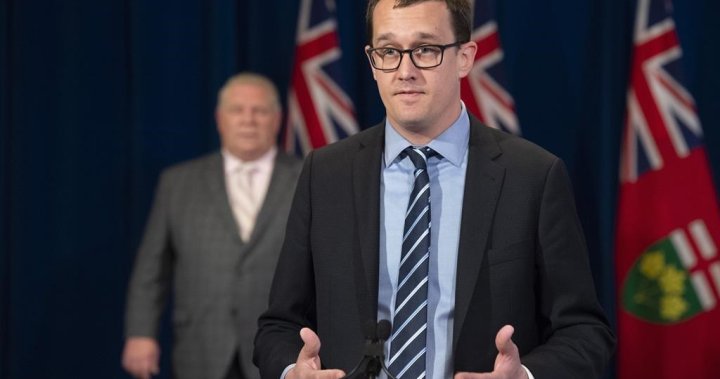yrt+viva=1system
Senior Member
Immigration along with the housing problem will be the sword that the Liberals may die on. I wonder how long until Canadians start noticing the impact that their children aren't able to land a summer job or part time job due to hyper immigration fulfilling the part-time and entry level jobs and housing will never be affordable. This will easily play into the Conservatives hand if the Liberals are not careful. I honestly think the Liberals have opened Pandora's box and do not know what to do or what will be the consequences.
https://policyoptions.irpp.org/magazines/may-2023/canada-new-immigrants-consequences/
https://policyoptions.irpp.org/magazines/may-2023/canada-new-immigrants-consequences/
Canada undoubtedly needs immigration, but post-secondary education and labour market policies are so interconnected that attention must be paid to the effect of an increase of a million new permanent residents. More enforcement against immigration scams, particularly aimed at post-secondary students, and the over-reliance of those institutions on foreign students should be deterred. The implications of more migrants on a housing market, particularly in specific cities, means a need for more careful planning. All of this suggests that these new immigration targets cannot be viewed as merely an issue of welcoming more faces. It requires careful planning, which to date does not appear to be happening.
Last edited:







